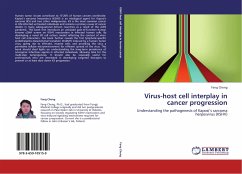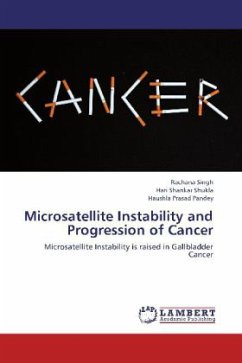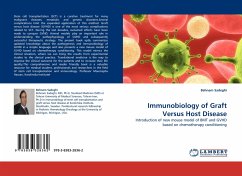Human tumor viruses contribute to 15-20% of human cancers worldwide. Kaposi s sarcoma herpesvirus (KSHV) is an etiological agent for Kaposi s sarcoma (KS) and two other malignancies. KS is the most common cancer in HIV-infected untreated individuals and remains a primary cause of cancer deaths in many subequatorial African countries as a result of the AIDS pandemic. This book first introduces an unbiased gain-of-function human kinome cDNA screen on KSHV reactivation in infected human cells. By developing a novel 3D cell culture model reflecting the context of virus-host cell interaction, this book further reveals the first lymphatic-specific endothelial-to-mesenchymal transition (EndMT) induced by a human tumor virus, giving rise to infected, invasive cells, and providing the virus a permissive cellular microenvironment for efficient spread of the virus. This book should shed lights on understanding the long-term persistence of oncogenic infectious agents in infected individuals,allowing time for the multi-step tumorigenesis. It should also be especially useful for professionals who are interested in developing targeted therapies to prevent or at least slow down KS progression.
Bitte wählen Sie Ihr Anliegen aus.
Rechnungen
Retourenschein anfordern
Bestellstatus
Storno








